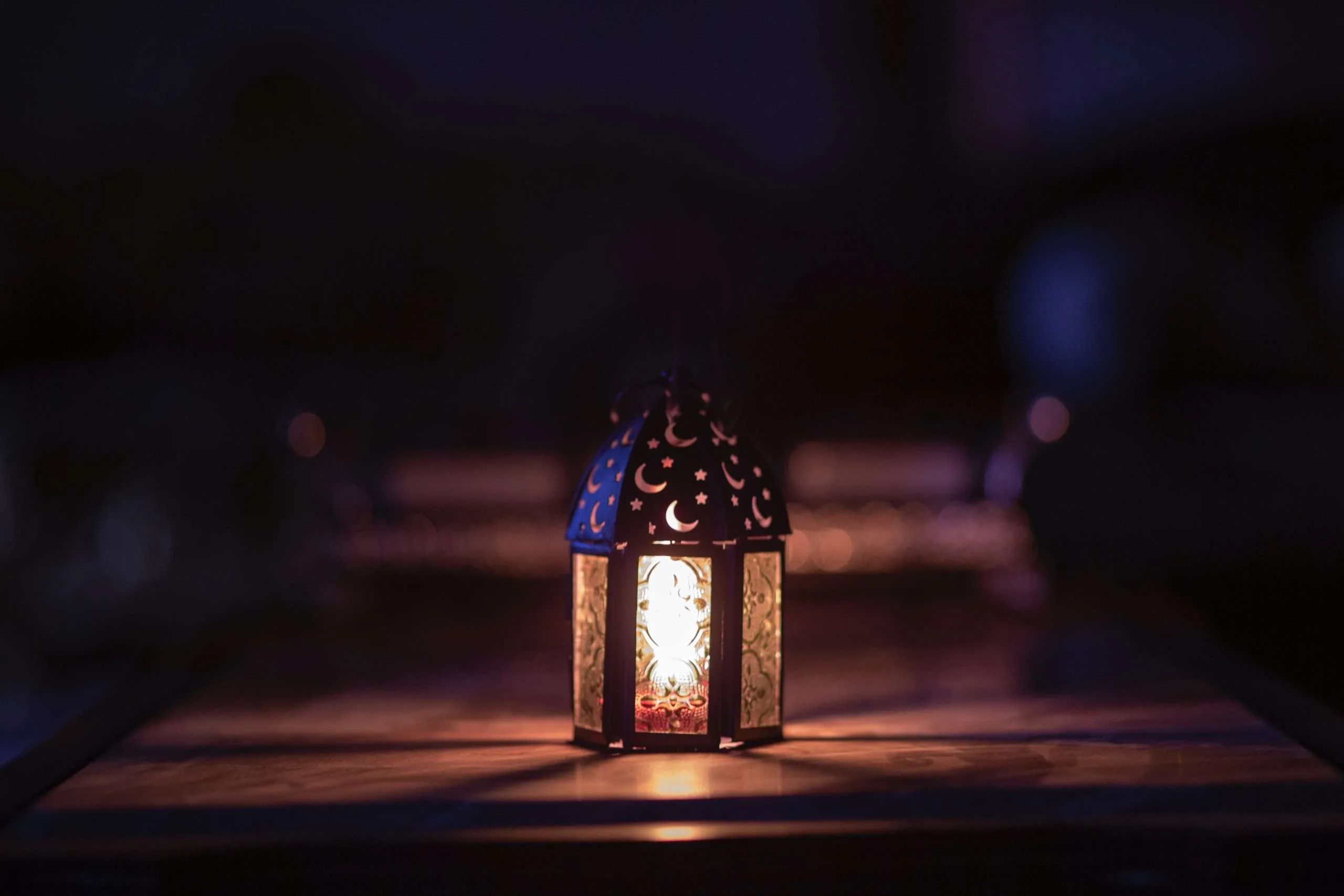Eid al-Adha is another important day in the world; it is known as the Feast of Sacrifice. The festival may also be known as Al Eid Al Kabeer, which means the ‘Grand Eid’. It is far the most important feast in the Muslim calendar. This festival is celebrated throughout the Muslim world as a commemoration of Prophet Abraham’s willingness to sacrifice everything for God. Eid al-Adha falls on the 10th day of Dhu al-Hijjah, which is the twelfth and final month in the Islamic calendar. It is a day muslims greet the world with mammoth of celebrations.
Religious Significance
To further highlight the significance of the day, a little background check on the motif behind it will help unveil why the day is globally referred to as the most important day of celebration in the islamic calendar. Eid al-Adha, an arabic word is known in english as the Festival of the Sacrifice. It is the latter of the two official holidays celebrated within Islam (the other being Eid al-Fitr). The Festival of Sacrifice honours the willingness of Ibrahim (Abraham) to sacrifice his son Ismail as an act of obedience to God’s command. (The Jewish and Christian religions believe that according to Genesis 22:2, Abraham took his son Isaac to sacrifice.)
However, before Ibrahim (Abraham) could sacrifice his son, Ismail, Allah provided a lamb to sacrifice instead. Without doubt, this is one of the main trials of Abraham’s life. That is, the command of God to sacrifice his beloved son, Ismail. John Drew wrote “In Islam, Abraham kept having dreams that he was sacrificing his son Ishmael. Ibrahim knew that this was a command from God and he told his son, as stated in the Quran “Oh son, I keep dreaming that I am slaughtering you”, Ishmael replied “Father, do what you are ordered to do.” Abraham prepared to submit to the will of God and prepared to slaughter his son as an act of faith and obedience to God.”
In the preparation, Shaytaan tempted Abraham and his family by trying to discourage them from carrying out God’s commandment, and Abraham drove Satan away by throwing pebbles at him. In commemoration of their rejection of Satan, stones are thrown at symbolic pillars Stoning of the Devil during Hajj rites. Hajj is the greater Muslim pilgrimage to Mecca, which takes place in the last month of the year and which all Muslims are expected to make at least once during their lifetime if they can afford to do so.
Acknowledging that Abraham was willing to sacrifice what was highly dear to him, God therefore honoured both Abraham and Ishmael. Angel Jibreel (Gabriel) called Abraham “O’ Abraham, you have fulfilled the revelations.” and a lamb from heaven was offered by Angel Gabriel to prophet Abraham to slaughter instead of Ishmael. That is, or to say, the motif behind the festival of Sacrifice whereby animals are sacrificed ritually. It is meant to commemorate both the devotion of Abraham and the survival of Ishmael.
Traditions on Eid al-Adha
As found in the Muslim Aid Serving Humanity, the tradition for Eid al-Adha involves slaughtering an animal and sharing the meat in three equal parts – for family, for relatives and friends, and for poor people. The overall aim of this is to make sure every Muslim gets to eat meat. In fact, myriad of Muslims go as far as distributing it to non-muslims as a way to strengthen a cordial relationship and extend the love and sacrifice beyond. That is why, the celebration has a clear message of devotion, kindness and equality.
However, such sacrifice can be done in different formats, as it is aptly captured by Mike Ghouse where he said “However, the purpose of sacrifice in Eid al-Adha is not about shedding of blood just to satisfy Allah. It is about sacrificing something devotees love the most to advance the message of Eid al-Adha. In other words, the sacrifice can be something other than an animal such as money or time spent on community service.”
Sacrifice on Eid al-Adha
There are in fact historical knowledge of caliphs sacrificing items far away from the popularly sacrificed meat. We understood from sources even the caliphs like Abu Bakr and Umar did not always offer animal sacrifices. Therefore, there is nothing wrong if you did not offer an animal sacrifice. Since, indeed, the animal sacrifice is only a sunnah, that is, it is ‘whatever though not obligatory’ which is habitual rather than required.
Therefore, there is nothing wrong if you did not offer an animal sacrifice. You may do other forms of sacrifice. The Almighty Allah says, “[But bear in mind:] never does their flesh reach God, and neither their blood: it is only your God-consciousness that reaches Him. It is to this end that We have made them subservient to your needs, so that you might glorify God for all the guidance with which He has graced you. And give thou this glad tiding unto the doers of good.” (Qur’an: 22: 37).
During the morning of Eid al-Adha, a special prayer with the name Salat al-Eid is recited in honour of the festival, thereafter as soon as the prayer is over, slaughtering of animals will commence. Muslims traditionally dress in their fine clothes in celebration of Eid al-Adha, in addition to exchanging gifts.
Final Thoughts on Eid al-Adha in Nigeria and Beyond
Unequivocally, Eid al-Adha is a special festival that enables Muslims to remember the selfless act of Ibrahim. The festival of Sacrifice creates an environment for Muslims to seek Allah’s will and to obey Him without having selfish desires. It also brings about love, peace, togetherness and harmony not only to Muslims of the world but to everyone irrespective of religion.
Happy Eid al-Adha!!!
Sociology and Ramadan: The Sacred Month of the Muslims








